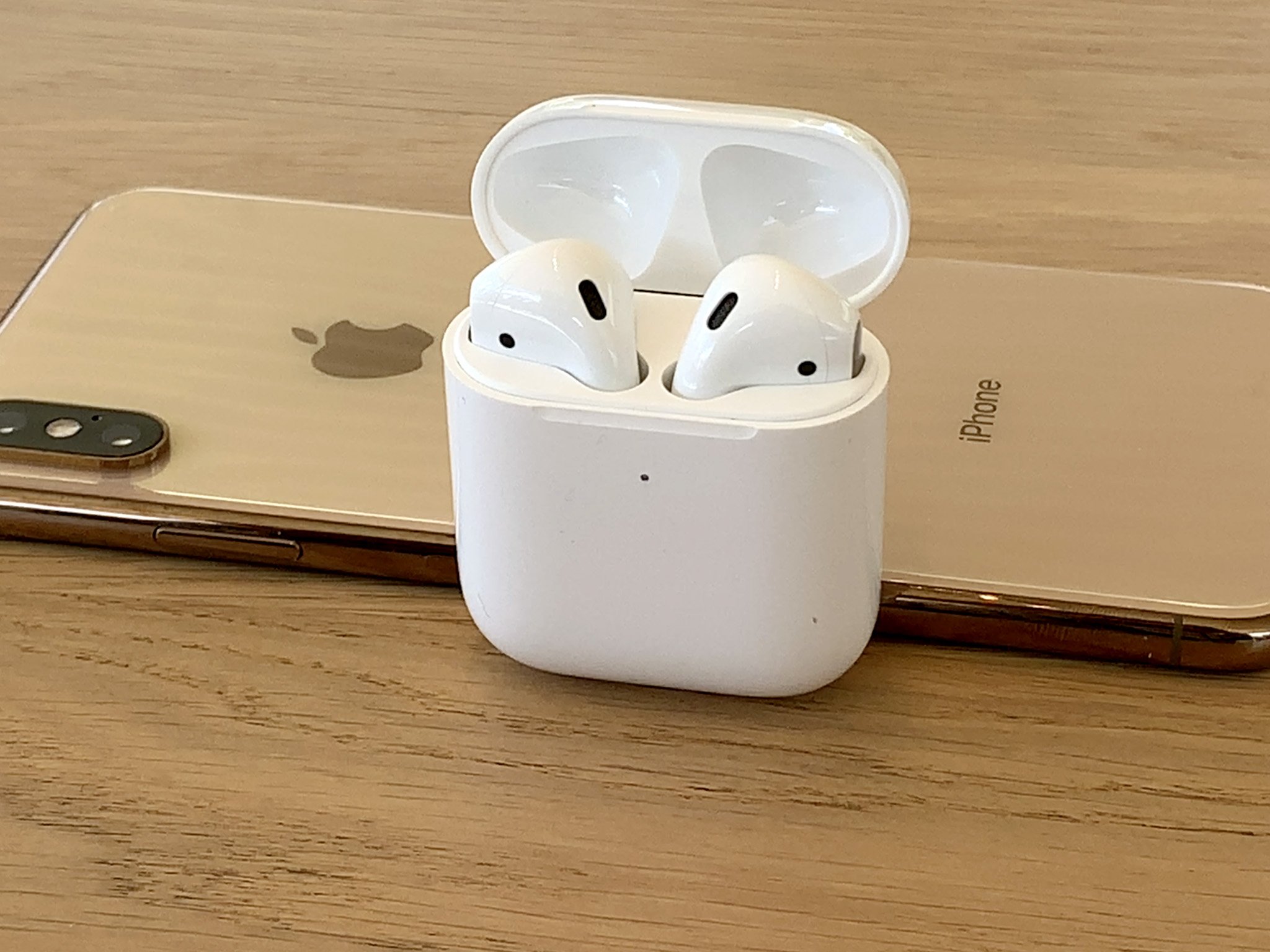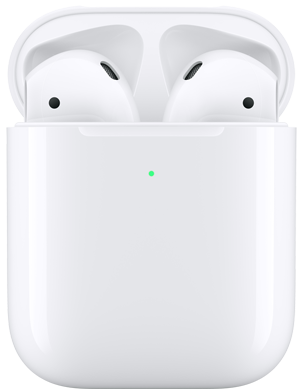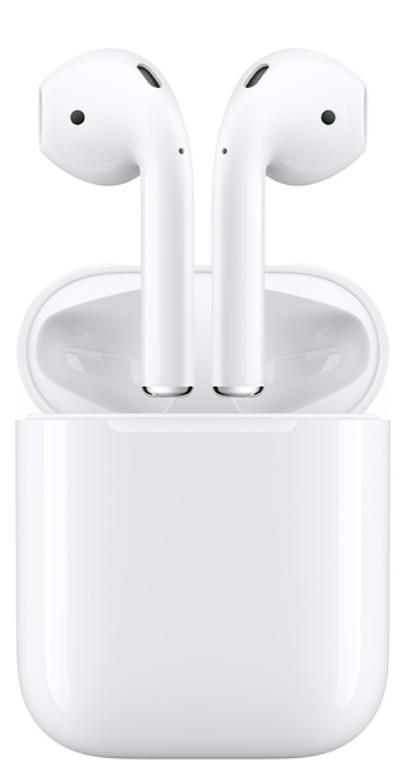What's the difference between Apple's W1 chip and H1 chip?

What's the difference between Apple's W1 chip and H1 chip?
Best answer: Like the W1 in the original AirPods, the H1 chip in the second-generation AirPods handles the fast pairing with Apple devices, maintaining the Bluetooth connection, and more. But the H1 uses a newer version of Bluetooth for better, faster connections, adds "Hey Siri" support, and better manages power for increased talk time.New and improved: Apple AirPods 2 ($160 at Amazon)The originals: Apple AirPods (1st gen) ($150 at Amazon)
Apple's H1 chip offers important upgrades over the W1
Apple's W1 chip, originally released with the Beats X, Beast Solo3 Wireless, Beats Studio3 Wireless, and Apple AirPods, allowed for easy pairing between your headphones and Apple devices, managing the connection between the two earphones and processing the audio signals sent by your device. It also managed a solid Bluetooth connection, and worked with built-in sensors, such as accelerometers and optical sensors, to know when your AirPods were actually in your ears, and thus, when they should connect, or when they should pause what you were listening to.
The new H1 chip found in the second-generation AirPods does all of these same things. It just does them better (a lot better in some cases). The H1 supports a newer version of Bluetooth, allows for extended talk time over the W1, and supports "Hey Siri" for voice commands.
Here's how these chips break down against one another.
| Apple H1 (In AirPods) | Apple W1 (In AirPods) | |
|---|---|---|
| Battery life (Overall) | 5 hours | 5 hours |
| Talk time | 3 hours | 2 hours |
| Bluetooth version | Bluetooth 5 | Bluetooth 4.2 |
| Siri connection | Voice-activated or double-tap | Double-tap |
| iOS system requirements | iOS 12.2 or later | iOS 10 or later |
| watchOS system requirements | watchOS 5.2 or later | watchOS 3 or later |
| macOS system requirements | macOS 10.14.4 or later | macOS 10.12 or later |
| Apple TV support | Yes | Yes |
This list doesn't include things that are harder to quantify. For instance, the H1 is supposed to allow you to switch your AirPods' connection between your active Apple devices twice as fast as the W1. Latency for gaming is supposed to be 30% lower. The Bluetooth connection is supposed to be more stable. All of these things can be more difficult to get a read on because a lot of them come down to personal experience. Plus, Apple doesn't provide data such as "audio latency in gaming will be X milliseconds lower" or "Your AirPods will switch devices in two seconds instead of five."
It's all about power
Perhaps the single biggest advantage that the H1 has over the W1 is power management. The H1 does everything that the W1 does, but it also keeps your AirPods constantly listening for the "Hey Siri" command and increases your AirPod's talk time by around 50%. And it does this while maintaining the same battery life on the second-generation AirPods as W1 does on the first-generation.
Lithium-ion batteries are lithium-ion batteries. The second-generation AirPods use the same size batteries as the first generation. They're small cells, and there's only so much you can get out of a lithium-ion battery that small. Apple isn't full of wizards, just talented hardware and software engineers, and there's only so much they can do with the materials available. That's why power management is so important. It allows Apple to squeeze everything they can out of these devices until better battery technology eventually comes along.
Which to get?
The H1 in the second-generation AirPods offers some impressive new capabilities, but should you get them over the original AirPods with the W1? After all, what if you don't care about "Hey Siri," or improved talk time, or you think the Bluetooth connection on the original AirPods will be good enough? Why not save some money and get the original AirPods?
Master your iPhone in minutes
iMore offers spot-on advice and guidance from our team of experts, with decades of Apple device experience to lean on. Learn more with iMore!
Well, you probably won't be saving that much money in the long run. While the first-generation AirPods are still available at some retailers (Apple isn't selling them anymore), prices have only dropped by about $10. If you're willing to spend those 10 additional dollars, you get an unquestionably better product. You get better Bluetooth and better connections with your devices, and while "Hey Siri" and more talk time might not drive you wild, at least they'll be there if you do need them.
Joseph Keller is the former Editor in Chief of iMore. An Apple user for almost 20 years, he spends his time learning the ins and outs of iOS and macOS, always finding ways of getting the most out of his iPhone, iPad, Apple Watch, and Mac.



